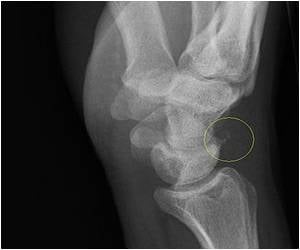Research suggests that illness behavior, specifically complaints of recurrent abdominal pain, in girls with mothers who have Irritable Bowel Syndrome (IBS) may be intensified in smaller families…
Research presented at the 71st Annual Scientific Meeting of the American College of Gastroenterology suggests that illness behavior, specifically complaints of recurrent abdominal pain, in girls with mothers who have Irritable Bowel Syndrome (IBS) may be intensified in smaller families, where children have more one-on-one contact with their mothers.
Researcher Shelby Langer, PhD and colleagues from the University of Washington looked at survey data from 631 children of 450 mothers, 46 percent of whom had a diagnosis of IBS. Mothers completed the Children’s Somatization Inventory, which measures nonspecific somatic symptoms including headaches, back pain, sore muscles, and abdominal pain. Mothers rated the severity of their children’s abdominal pain for two weeks using a five-point scale ranging from “no pain” to “a whole lot of pain.”In general, mothers with IBS reported greater abdominal pain severity for their children than did control mothers. Mothers with IBS reported greater pain severity for girls versus boys when the child had either no siblings or one sibling, but not two or more siblings. This pattern was reversed for non-IBS mothers, who reported greater pain severity for girls versus boys when the child had two or more siblings.
“Our findings are in line with well-established gender differences in pain reported in the medical literature, and are consistent with work published by Dr. Rona Levy and colleagues on the psychosocial effects of maternal IBS status,” said Dr. Langer.
In the study, Dr. Langer looked at the interactive effects of maternal IBS status, child gender and family size, and her results paint a more complex picture. Her findings suggest that
Onset of IBS Symptoms in Children with IBS Mothers
mothers who do not have IBS rate girls as having greater pain than boys in large but not small families. Dr. Langer’s research suggests that perhaps girls in large families use symptom complaints as a means of getting attention.
Advertisement
Source-Newswise
SRM







